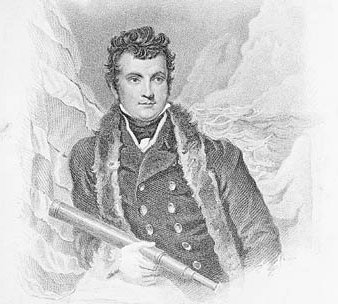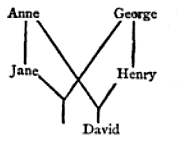The following anecdote is told by Professor Dove, of Berlin, in illustration of the production of snow by change of temperature. On an extremely cold but starlight night, a large company had assembled in a ballroom in Sweden, which in the course of the evening became so warm that some of the ladies fainted. An officer tried to open a window, but found it was frozen to the sill. He then broke a pane of glass, and the rush of cold air from without produced a fall of snow in the room. Its atmosphere was charged with vapour, which, becoming suddenly condensed and frozen, fell in the form of snow upon the astonished dancers.
— The World of Wonders, 1883




